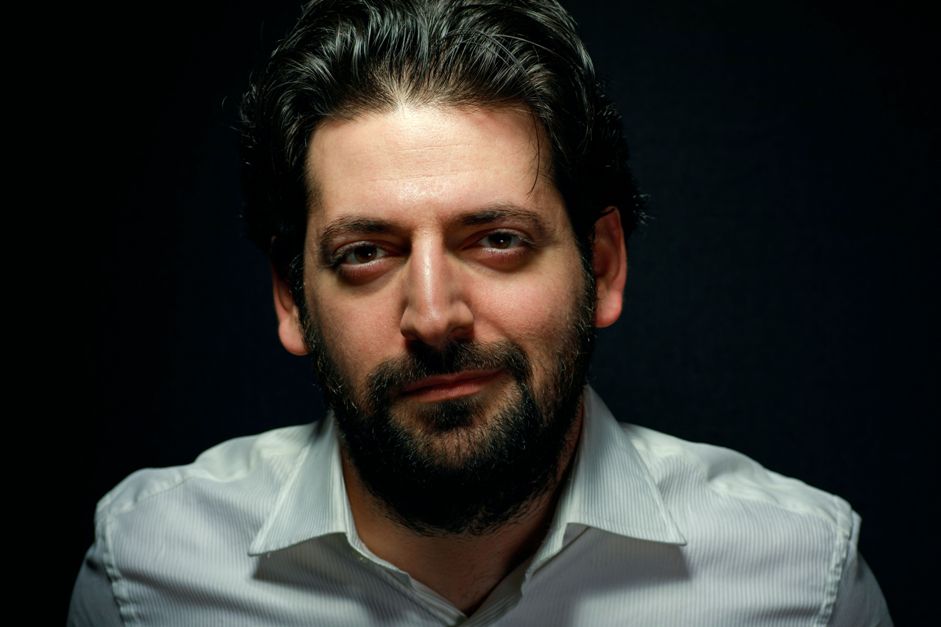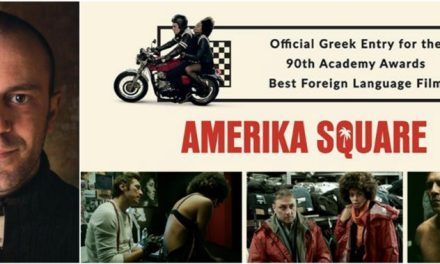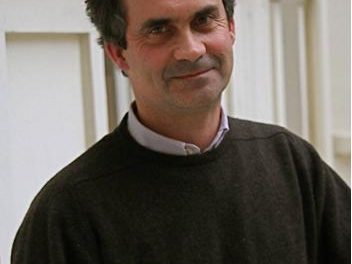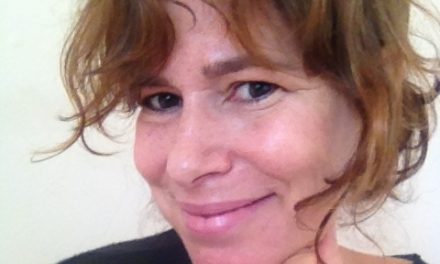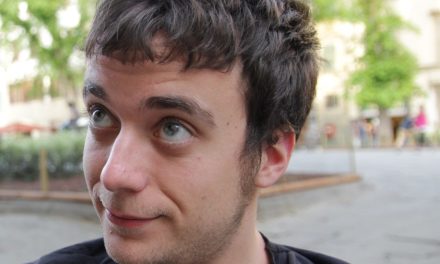What can a single choice mean about the rest of our life? Stelios Koukouvitakis’ short film “Sunday 11.00- 12.00” talks about a young couple who are suddenly attacked on the street on their way back home from a night out. Their reaction will mark their lives. The film has been screened at 20 international Film Festivals (including 65th Internationale Kurzfilmtage Oberhausen in Germany and 41st Short Film Festival in Drama (Greece) and has won several awards, such as the Remi Award at the 52nd WorldFest Houston (USA) and Best Europe film at the 4th European Cinematography Awards (Netherlands, October 2019).
Filmmaker and scriptwriter Stelios Koukouvitakis creates a story where he invites the viewer to connect the pieces of a puzzle in a silent film about dilemmas, choices and the price to pay for them. Koukouvitakis has a degree in physics and has studied Film and TV directing in Athens, with a post-graduate degree in London. He lives in London, works in London and Athens as a director, script writer, script editor and producer. His short films have been screened and awarded at national and international film festivals. In his interview with Greek News Agenda*, an interview that’s taking place amidst the coronavirus crisis, Koukouvitakis underlines that he is interested in exploring the grey areas where an ethical dilemma has no easy answers and he places emphasis on personal responsibility.
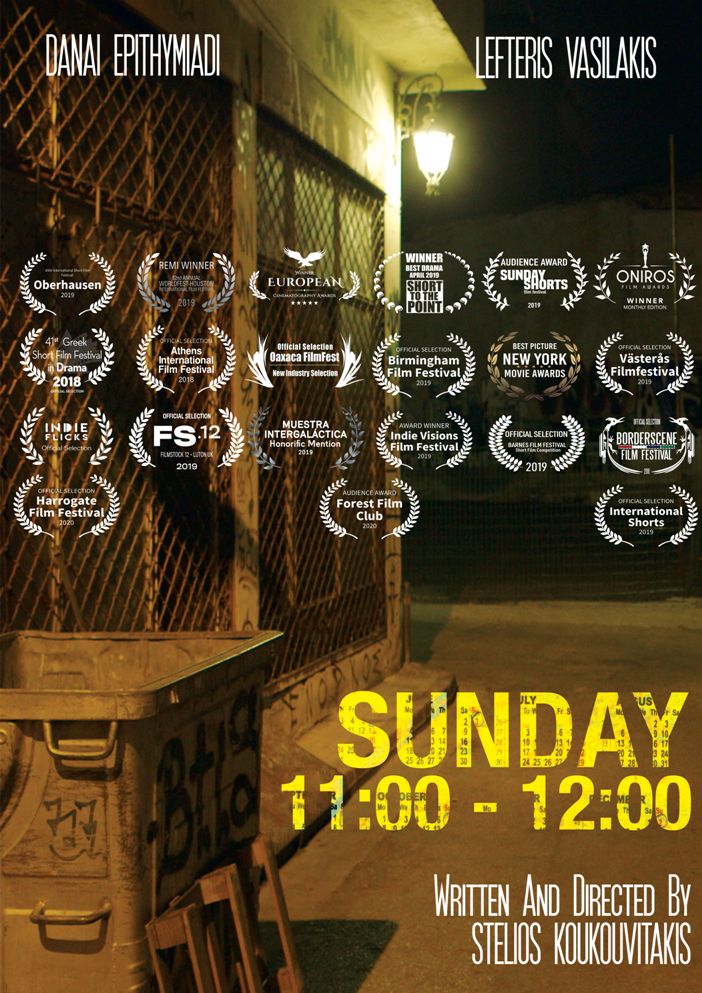
Your film talks about the way a moment can mark the rest of our lives. Are we the product of our choices?
It’s always easy to blame circumstances about everything: the economy, politicians, the state, schools, bad luck… But at the end of the day, people have to answer their own questions, make their own decisions and take responsibility for them. Look at what’s happening around us now: people die because of a pandemic while others continue to crowd cafés, bars, pubs and churches, thus helping the transmission of the virus. Such reckless, selfish behaviour! Undoubtedly, circumstances and environment always play a major part, but I am a believer in personal responsibility and evolution. Be active, take initiative and do your part, because all of our small and large choices define us.
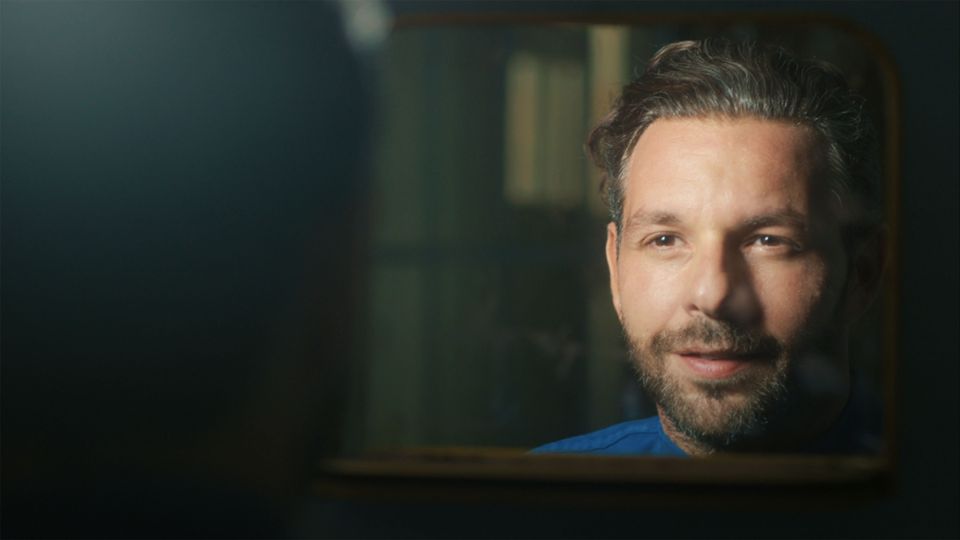
Lefteris Vasilakis, “Sunday 11:00 to 12:00” (2018)
What drove you to make this film?
I am interested in the complexities of human nature, what is right and wrong. The protagonists make some difficult decisions and then face the consequences. In ancient Greek drama, an ethical dilemma has no easy answers. In this film I wanted to explore this area – an area where there is no right or wrong.
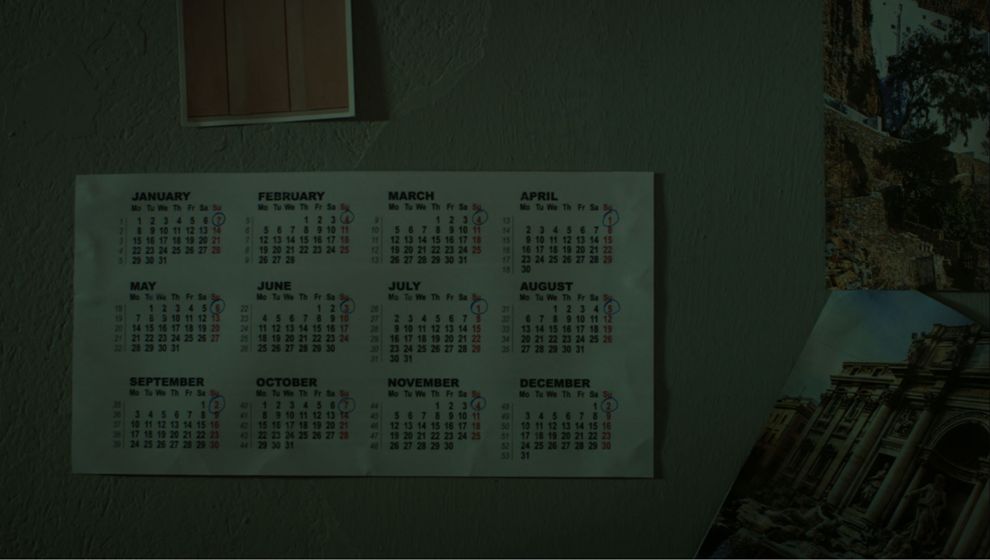
“Sunday 11:00 to 12:00” (2018)
You chose an enigma plot, without dialogue for your film. Would you like to elaborate on these choices?
I think the creative choices should come from the story itself – in this case while writing the script, I knew that the best way to tell this specific story would be to make it visually engaging, with parallel storylines. I like films which have an impact on you. Actions speak louder than words. I’m bored when characters on the screen discuss their feelings or what is happening, usually enhanced with some music in the background. It feels like noise to me and as a storyteller my job is to take out the noise and leave only the interesting parts! It’s a real compliment when festival programmers or people from the audience tell me that “I didn’t notice there was no dialogue until the end”. It was a challenge for me to push the medium and create a complex, silent, emotional story. I want viewers to be actively engaged during the screening, be present. Without relying on dialogue, the story is shaped in real time inside your head, you collect all the pieces of the puzzle, put them in order and only in the end do you get the full picture. After all, I think in life what is not said is often much more interesting than what is said: a look, a nod, a smile, a silence could have a bigger impact.
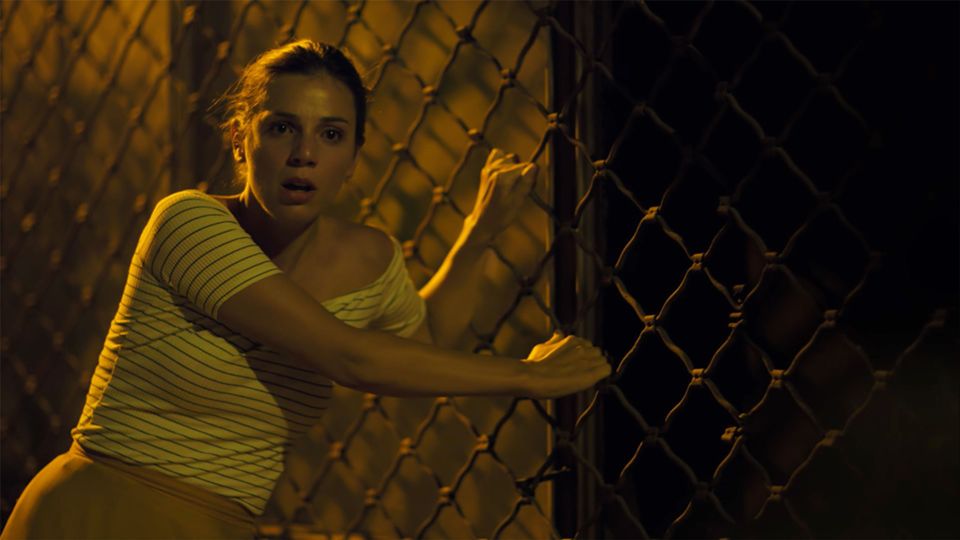
Danai Epithymiadi, “Sunday 11:00 to 12:00” (2018)
How do you depict your female protagonist?
All of my scripts have strong female leading parts. In this case, the protagonist is in a very difficult situation, having essentially to live a double life. She’s both strong and fragile at the same time and I think this is evident in the exceptional way Danai Epithimiadi plays the part. The way she looks and moves emphasises what she’s going through. We had talked extensively about her character during rehearsals and I had designed the shots in a very specific way to highlight this – an approach that was carried on with the cinematography and editing. Such an amazing performance lifts the character off the page and brings the story to life.
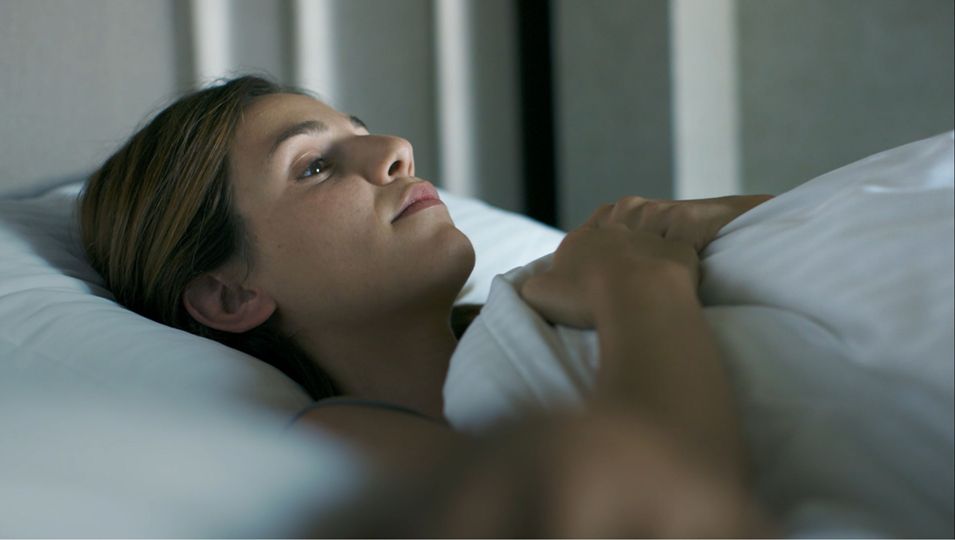
Danai Epithymiadi, “Sunday 11:00 to 12:00” (2018)
What is your experience as a filmmaker living and working in the UK?
Being a filmmaker, or any other artist, is tough no matter the part of the world you live in. It’s an uphill road with many difficulties. Living in the UK, and especially in London, allows me to expand my horizons in a multi-cultural environment by meeting and working with fellow artists from all around the world. I believe that good films are universal – ours (a UK/Greek co-production) has been in more than 20 festivals around the world and not just in the UK and Greece, but Germany, Italy, Sweden, the USA, Mexico, Australia etc.
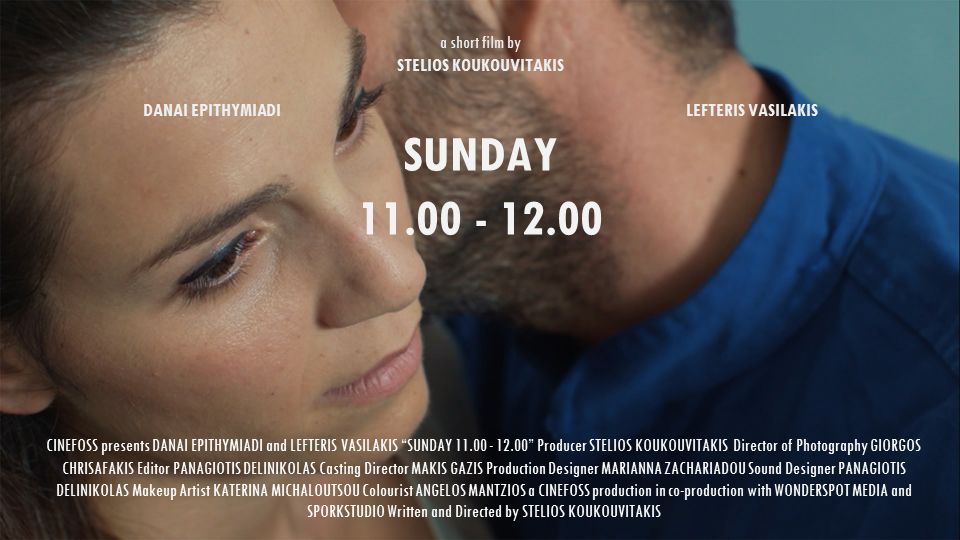 What about your future plans?
What about your future plans?
I am developing my next film –a dark dystopian sci-fi thriller– along with other projects at the same time. Let’s hope that we all stay safe and well so we can carry on with our lives.
* Interview by Florentia Kiortsi
Watch Sunday 11.00-12.00 from CineFoss on Vimeo.
Read also: Stelios Koukouvitakis’ interview with shortcloseup.com

